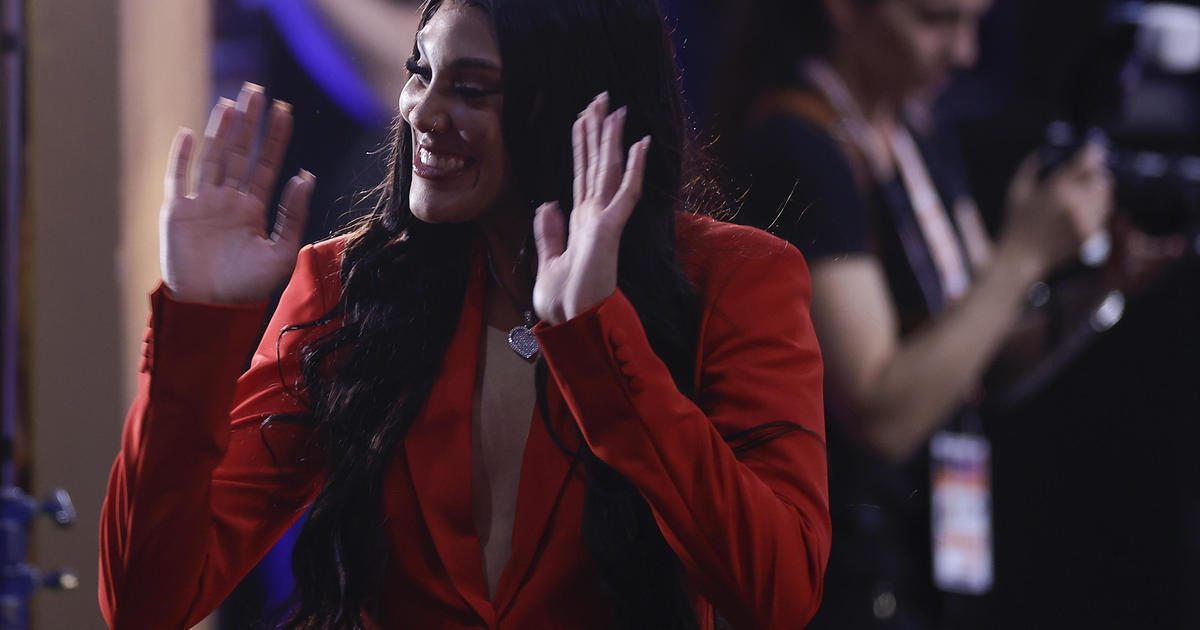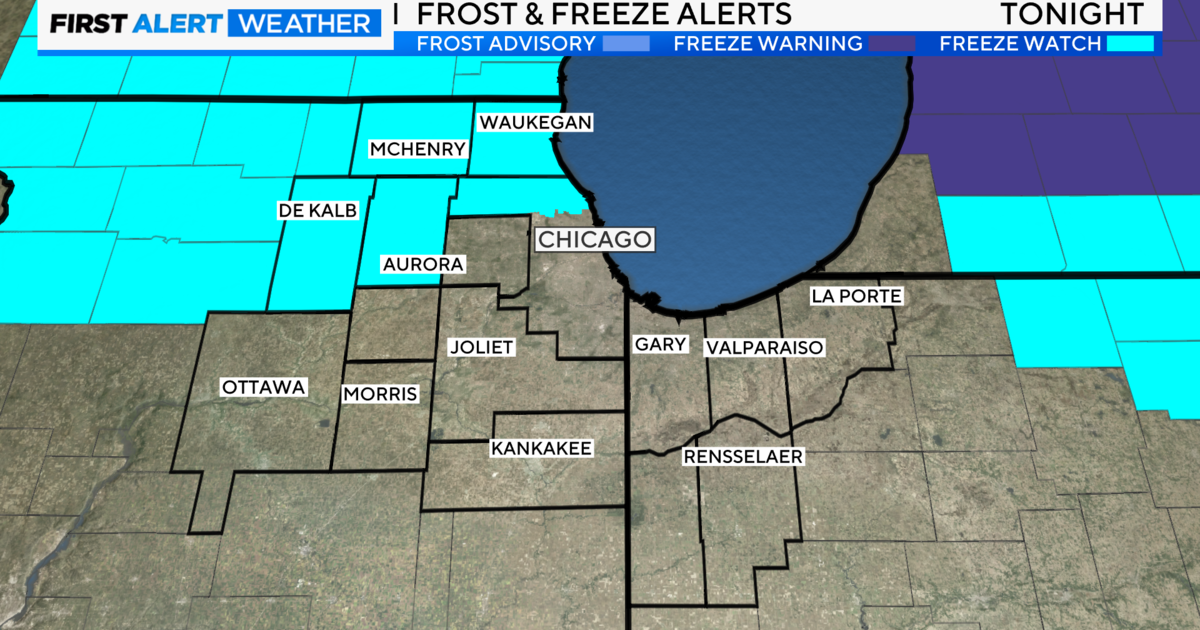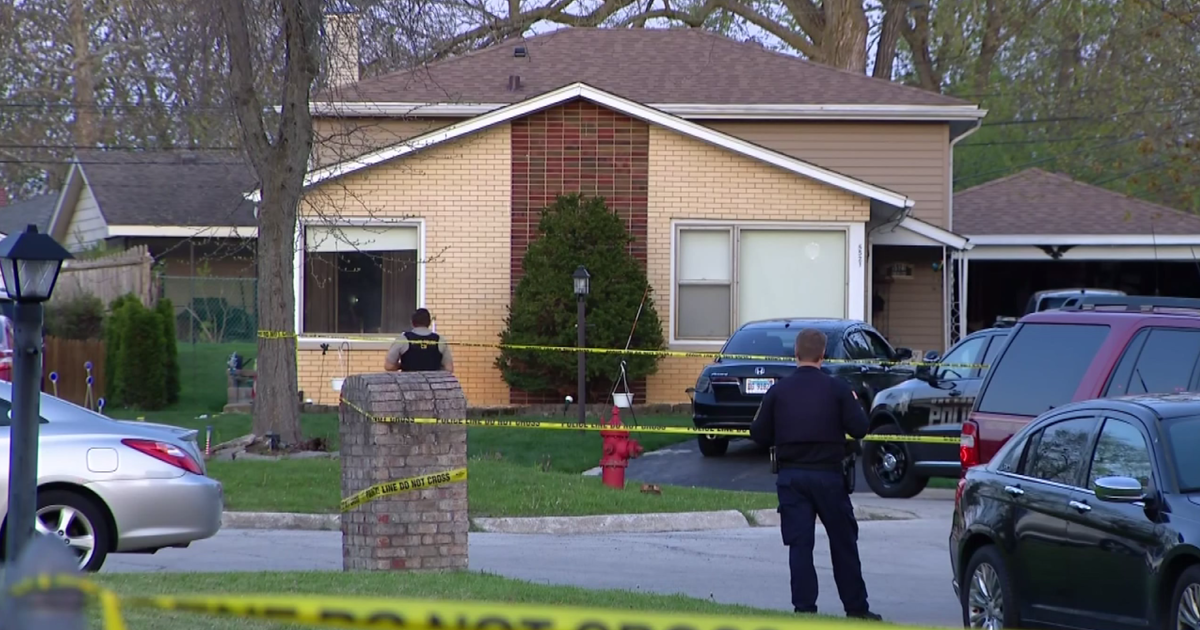DiCaro: The NHL's Problem With Women
By Julie DiCaro--
(CBS) Sometime in February, Blackhawks prospect Garret Ross was charged under Illinois' "revenge porn" statute for allegedly disseminating a sexual photo of a woman last August, according to reports. Ross was scratched from the lineup last weekend for AHL Rockford in what was called a "coach's decision," according to Chris Block. As recently as Friday night, though, Ross was actively playing for the IceHogs.
If you're curious as to why a player charged with such a heinous crime continued to represent the Blackhawks organization on the ice for a month after charges were filed, you haven't paid much attention to how the NHL has operated when it comes to players charged and/or accused of crimes against women. Blackhawks star Patrick Kane was never charged with sexual assault, but during a months-long investigation by Erie County District Attorney, he remained front and center when it came to representing the organization, once kicking field goals and posing with the Stanley Cup during a Bears preseason game. The Blackhawks even announced a Kane bobblehead night in the midst of the investigation.
The Blackhawks, though, are far from alone in being tone-deaf to female fans. Back in 2014, Kings defenseman Slava Voynov practiced with his team despite being charged with felony domestic battery and being indefinitely suspended by the league. The Kings characterized Voynov's skate as a "mistake" and received a slap on the wrist, to the tune of a $100,000 fine, from the league. Voynov subsequently pleaded guilty to reduced misdemeanor domestic battery and voluntarily returned to Russia to avoid deportation.
Of course, it's not like the teams have had great guidance from the NHL on how to handle these issues. The league, if you will recall, recently named Avalanche goalie Semyon Varlamov its "first star of the week" on the same day his civil trial for domestic battery began.
That's a trial in which Varlamov's former girlfriend testified as follows, via the Sportings News:
As they argued more, (the accuser) alleges that Varlamov kicked her in the chest, knocking her to the floor. When she tried to get up, he kneeled on her chest to keep her down, she testified, grabbing her by the hair and dragging her as she tried to resist.
"I started kicking and screaming," (the accuser) testified. "I felt like my scalp was going to come off."
A Denver jury ultimately sided with Varlamov, but there was no reason for the NHL to suspect that would be so until the verdict came back, particularly as the accuser's attorney claimed a history of domestic run-ins between the two. And earlier this month, the NHL concluded its investigation of Kane, going so far as to not only say he wouldn't be disciplined by the league but that the accusations against him were "unfounded," rubbing scores of female (and male) NHL fans the wrong way.
Many fans dismiss the NHL's constant missteps when it comes to alleged crimes against women as the league having more information regarding the ultimate outcomes of the cases than the general public, which is certainly a fair working theory. But ultimately, the issue is less about the outcome of these cases than it is the way the league goes about handling them. The NHL's moves aren't in lines with the other professional sports leagues, which have come out strongly against violence against women and have revamped their domestic violence and sexual assault policies.
The NHL hasn't shared any information as to how it goes about investigating player discipline cases when it comes to violence against women. Is there a task force of experts that delves into each accusation? Is any attempt made to speak to the accusers? What triggers a suspension? A charge? A conviction? A preponderance of the evidence?
Jen Lute Costella, who has developed a broad following of hockey analytics fans on Twitter as @RegressedPDO, wants to see specifics in how the league handles these issues:
In the context of hockey, the NHL, AHL, junior leagues, etc. need to take a more proactive approach to address the pervasive attitude of women being "lesser than." Much as they have with the You Can Play initiative, I'd like to see personnel either directly employed by the leagues or a partnership with an organization that is dedicated to educating players about consent and changing attitudes/behavior that lead to hockey culture being so hostile toward women.
In absence of the above, female NHL fans have, at times, felt intentionally trolled by the league. That's not great news for a league in which woman make up one-third of the fan base. Contrary to the belief of the gaggle of trolls on social media, women don't want to see players punished for crimes they didn't commit. What women would like to see is the league and the individual teams acknowledge that a certain player has been accused of a heinous crime.
"Women are becoming more and more visible in their involvement with the sport," Lute Costello says. "It's time that the men who have long held the power in hockey start addressing the fact that they've too long allowed hockey culture to treat women so poorly. I love this sport. I want it to do better. Ignoring these problems will not make them go away."
When a player is accused of assaulting a women, perhaps the team doesn't have to trot him out, front and center, every time it holds an event. Maybe we don't need to schedule a bobblehead night for a player accused of raping a woman before the police investigation is completed? It's possible a trial for domestic battery should be a disqualifier for being named first star that particular week.
Currently, the league and teams pretend everything is hunky dory and practically dare anyone to mention accusations against a player. When one does dare question a team's handling of an accusation, a dedicated hoard of online attack-dog fans routinely threaten and harass the interloper into silence. It works out great for the NHL.
From time to time, NHL teams make announcements that they're "reaching out" to female fans in an attempt to grow the fan base. Women don't necessarily want "ladies nights," pink jerseys or Hockey 101 sessions with the hottest players. What women do want is to feel that the league and their team values them as much as their male counterparts.
That starts with the way the league addresses violence against women.
Julie DiCaro is an update anchor and columnist for 670 The Score. She previously worked for 15 years as a lawyer in criminal and family court. Follow Julie on Twitter @JulieDiCaro and like here on Facebook here. The views expressed on this page are those of the author, not CBS Local Chicago or our affiliated television and radio stations.



